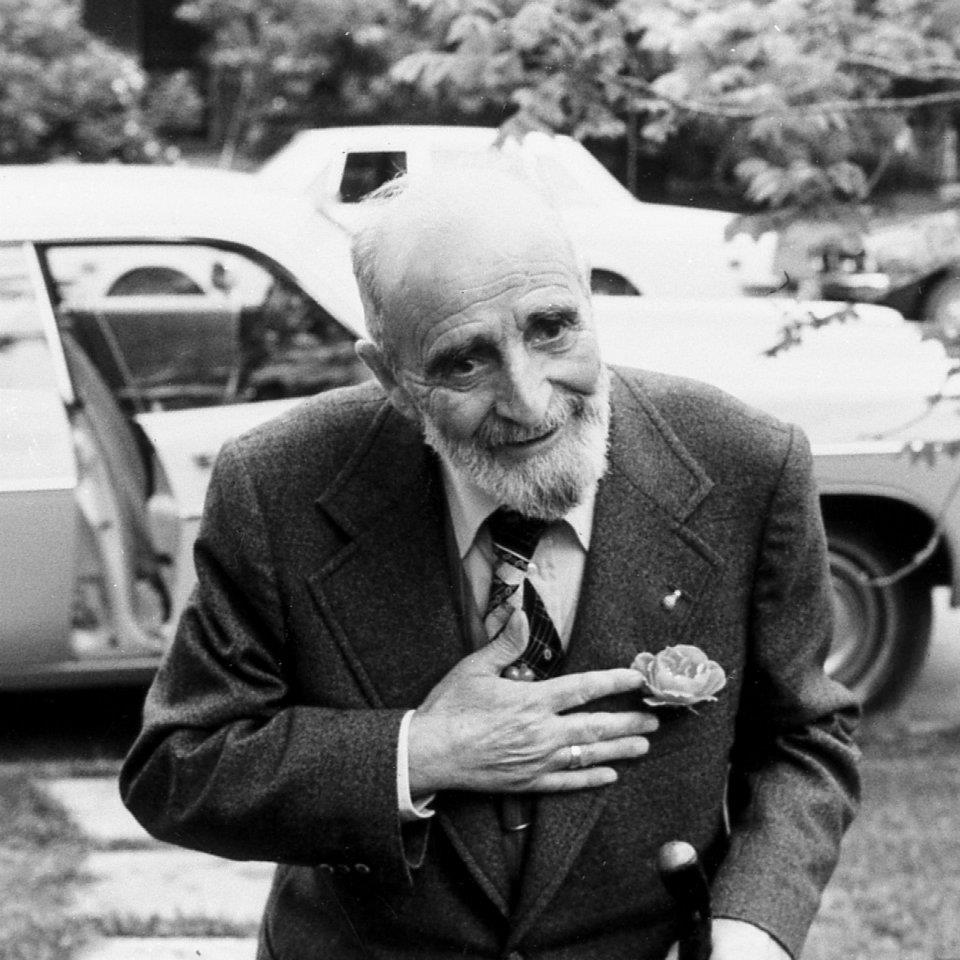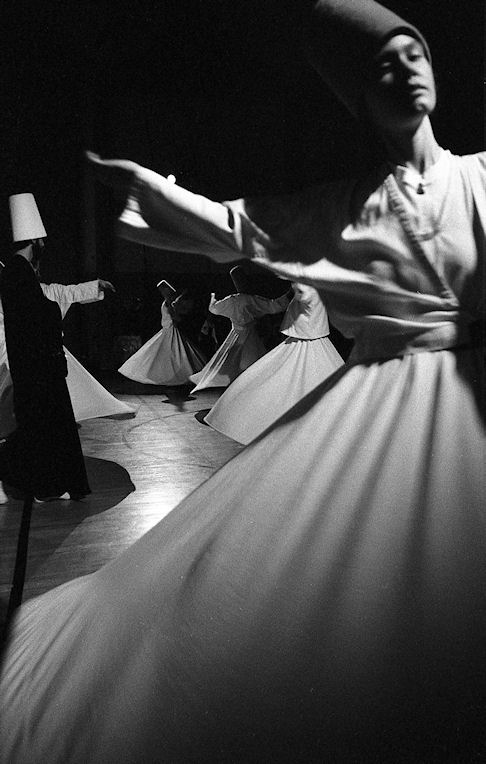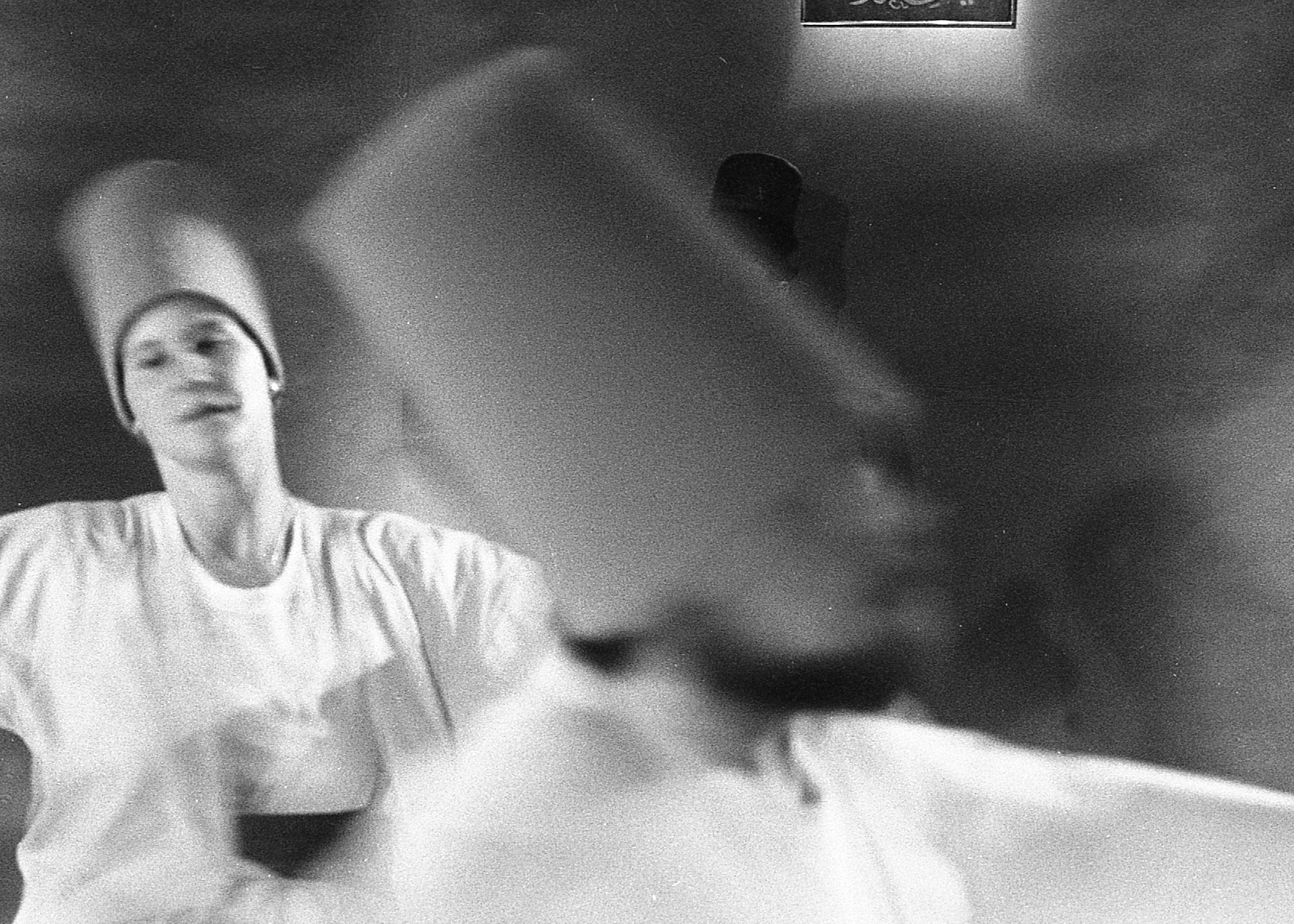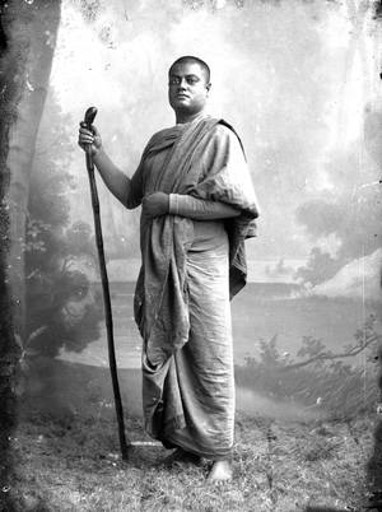If you pray from your heart,
you don’t even need to make a sound or say a word.
God accepts it, and prefers it that way.
Suleyman Dede
Introduction: Rumi Comes to America
Forty years ago, I was given a front-row seat to America’s “first kiss” in its Rumi love affair — an experience that launched my young adulthood. Like much of my youth, the memory drifted over time.
Recently, while cleaning out a closet, I discovered recordings of Süleyman Dede, the Sheikh of the Whirling Dervishes in Konya, Turkey, who traveled to Los Angeles in April 1976 to plant this “first kiss.” The tapes had never been played, so I decided to find out what was on them. I considered turning Dede’s talks into inexpensive pamphlets to defray the cost.
So, I plowed ahead. I repaired an ancient reel-to-reel tape deck, digitized the tapes, located a translator, and awaited the results. After reading the English transcripts, I was shocked to discover that forty years earlier, Süleyman Dede had warned the younger me in Turkish: “Bu kelimeler değerlidir — Bruce, these words are precious. Don’t sell them cheap!”
Whoops.
That explains why, rather than a pamphlet, you now have a thoroughly researched, richly illustrated book in your hands that tells the unlikely story of how Rumi came to America.
Why should we care how Rumi landed on our shores? Today, Rumi adorns bumper stickers, t-shirts, trucker hats, and travel bags. An Amazon search pulls up thousands of Rumi titles. Countless celebrities, from Deepak Chopra to Madonna, adore Rumi. Beyoncé and Jay-Z named one of their twins “Rumi,” and even registered a trademark application for the child’s name.1
What’s more, Rumi is Obama’s favorite poet. The former President has a signed copy of Coleman Barks’ Essential Rumi that he received from Richard Holbrooke, Obama’s special representative to Afghanistan.
As a brand, Rumi sells fashion accessories, perfume, restaurants, and even yoga wear made from recycled plastic bottles. Once, while I was flying on Delta, I saw Rumi’s words float serenely across the in-flight monitor — an unexpected invitation to explore my existential predicament from my knee-squeezed coach seat.
Today’s Rumi-palooza is all the more amazing when you consider that forty years ago, Rumi was virtually unknown in American culture — two or three books at most. How did this happen?
By profession, I’m a brand strategist, and it’s my job to stay in touch with the evolving cultural zeitgeist. But even I was surprised when Rumi emerged recently on Coldplay’s seventh album. The band has played Rumi’s poem, “The Guest House” read by Coleman Barks, to 3 million fans on five continents as part of one of the biggest tours (half a billion dollars) in the history of music.2
Coleman tells the story:
“When Coldplay’s Chris Martin first contacted me, I didn’t know who Coldplay was. Finally, I asked my friend and fellow poet, Lisa Starr if she knew. Of course, she did, as did her children, as did everybody else on the planet.”
Coleman learned that Rumi’s poem, “The Guest House,” changed Chris Martin’s life. He described the effect of the poem on his post-divorce depression after splitting from Gwyneth Paltrow, saying, “It says that everything that happens to you is okay. The idea is to accept what happens to you and not run away from anything — and trust that things will blossom and become colorful.”3
Coleman continued:
“Lisa and I flew out to LA to record the poem for Chris. A year later, we went to Philadelphia to see it performed. Chris told me beforehand, ‘Pay attention when the lights turn out.’ Halfway through the set, everything went dark, and my voice came through reading Rumi’s ‘Guest House’ while 69,000 people waved digital bracelets to the music. Pretty heady stuff for a retired English teacher.”
It’s ironic that in post-9/11 America, a classically-trained Muslim theologian who taught Sharia law in an Anatolian madrassa nearly 800 years ago would become a pop culture phenomenon. One can only imagine how Rumi and his loyal scribe Husameddin would have reacted to American concert-goers waving digital bracelets that synchronously changed color to Rumi’s couplets.
Yes, Rumi is cool, and Rumi is everywhere. We rarely question how contemporary culture got this way, but students of history know to follow the seeds:
Consider the seed Christopher Columbus carried across the sea — in his words, “to carry the Name and doctrine of Jesus Christ into regions so distant.” After a grueling voyage, Columbus planted the Spanish flag to claim the New World, naming the outer Bahamas island, “San Salvador” (Holy Savior). Eventually, Spaniards displaced the indigenous traditions of the New World with transplanted ideas of good and evil, Heaven and Hell, and the Virgin and saints. At the cost of the genocidal decimation of the native population, the seed Columbus planted changed the world. Today, Latin America is home to forty percent of the world’s 1.2 billion Roman Catholics.
Consider the seed carried by the wandering Hindu monk, Swami Vivekananda. In 1888, at age 25, Vivekananda left his ashram with a water pot, walking stick and two religious books, the “Bhagavad Gita” and “The Imitation of Christ.” Living on charity from strangers, Vivekananda traveled throughout India for five years.
In 1893, Vivekananda learned that the Parliament of World’s Religions, a historic conclave of religious leaders, would be taking place that year in Chicago. Vivekananda prayed for guidance and received “a divine command” to attend and represent Hinduism and the Vedanta tradition. Supporters arranged money, and the young swami traveled by steamer to Japan, China, and Vancouver.
From Canada, Vivekananda ventured by train to Chicago. Upon arrival, Vivekananda discovered that delegates needed credentials as bona fide religious representatives. Heartbroken, he headed to Boston where the cost of living would be cheaper.
On the train to Boston, Vivekananda met Katherine Sanborn, a former Smith College professor who invited him to live at her farm in Massachusetts. In a stroke of fortune, she invited the swami to meet Professor John Henry Wright of Harvard University. Wright immediately recognized Vivekananda’s spiritual station and insisted that Vivekananda persevere in his quest, explaining, “to ask for your credentials is like asking the sun to state its right to shine in the heavens.”
With everything arranged, Swami Vivekananda returned to Chicago, but along the way, he lost his contact address. Hungry and tired, he begged for food and directions. Finally, he sat down on a curb on Dearborn Street and resigned himself to God’s will. Suddenly, the front door of the facing house opened. Out stepped a well-dressed woman who asked, “Sir, are you a delegate to the Parliament of Religions?”
With fortune propelling his mission, Swami Vivekananda made his way to the Parliament. Channeling the spirit of his guru, the great Ramakrishna, the Swami began his speech with the stirring salutation, “Sisters and brothers of America!” The crowd of seven thousand rose to a standing ovation lasting two minutes.
In his speech, Vivekananda planted a seed — radical for its time — of tolerance for other sects and religions as universal expressions of one truth. American newspapers reported Vivekananda as “the greatest figure in the Parliament of Religions” and “the most popular and influential man in the Parliament.”
Vivekananda’s seed ultimately touched the great thinkers of the age, from Aldous Huxley and Christopher Isherwood to William James and Joseph Campbell. Yes, a direct line from Vivekananda to George Lucas and Star Wars.
Planting a seed draws a line that changes history — in this case from Ramakrishna through Vivekananda, and into a blossoming of Eastern thought that would lay the foundation for modern American yoga— now practiced by over 36 million people in the U.S.
And let us not forget the mostly-forgotten seed planted by Richard Nixon. His 1972 door-opening visit to Communist China’s Forbidden City ultimately blossomed, for better or worse, into 11,500 Walmarts in 28 countries.
The whole of world culture cross-pollinates this way. 800 years ago, a spiritually significant seed changed history when Jelaluddin Rumi’s family fled from Mongol invaders. Rumi and his family embarked on a migration from Balkh, Afghanistan, through Baghdad, Mecca, Medina, and Damascus until finally arriving in Konya, Turkey, a center of learning and spiritual culture in 1228.
For the next sixteen years, Rumi grew to become a highly-regarded, classically-trained Muslim cleric. During this time, the wandering dervish, Shams of Tabriz, waited for the right moment to germinate the Rumi seed which, in Coleman Barks’ words, would “forever alter the course of Rumi’s life and influence the mystical evolution of the planet.”[footnote]Barks, Coleman and Green, Michael. The Illuminated Rumi. Broadway Books, 1997.[/footnote]
Rumi died in 1273, but his influence grew for centuries until 1925 when Kemal Atatürk, the founder of the Republic of Turkey, passed a series of decrees that prohibited Sufi lodges and their religious practices. He later decreed that Turkey is a modern country with no time for “dervish magic.” Atatürk’s ban still stands today.
In 1976, fifty years after Atatürk and seven hundred years after Rumi’s death, that seed was carried again — this time from Konya to California.
When the Sheikh of Konya, Süleyman Hayati Loras Dede, arrived at our modest rented duplex in Los Angeles, I wasn’t paying attention to the “seeds” he had hidden up his sleeve.
Forty years later, this book examines the magic of that moment to get a better sense of Dede’s mission. Why did the Cosmos choose Dede, a humble cook, to bring Rumi in America? Why did Dede entrust Rumi’s legacy to some young Americans who knew very little of the tradition? And, how did Rumi’s spiritual line traverse time to blossom hundreds of years later?
I took my ancient tape deck to a repair shop and began searching for a Turkish translator. After several false starts, I located Sinan Salim in Germany. Sinan was familiar with Sufism, the way of Rumi, and even the local dialect of Dede. Sinan felt that Güneş, our Turkish translator in 1976, performed amazingly well under pressure, but understandably, Güneş could do no more than summarize Dede’s remarks. I have spent hours digitizing the talks, stopping every few minutes to clean oxide from the fraying tapes to resurrect the magic of that moment.
If you read Dede’s words from the inner heart, you will understand what he meant when he told me, “Bruce, the value of these words is known only to people of a certain station, to the arif, the gnostic ones. Gnostics will understand; those with open hearts, those with the active eye of the heart will understand.”
I invite you to approach this story with an open, curious heart. You will discover how Mevlana Jelaluddin Rumi bridged the divide of time and space as a seed — a seed planted by his devoted servant, Süleyman Hayati Loras Dede.
Bruce Miller
Decatur, Georgia | November 2017
- “Beyoncé and Jay-Z file trademark on twin names Rumi and Sir.” The Guardian. https://www.theguardian.com/music/2017/jul/02/beyonce-jay-z-twins-names-sumi-sir-copyright. July 3, 2017.[/footnote]
- Coldplay’s ‘Head Full of Dreams’ Trek on Track to Become One of the Top 10 Highest Grossing Tours Ever. http://www.billboard.com/articles/columns/chart-beat/7800960/coldplay-head-full-of-dreams-tour-high-gross 5/19/2017.
- http://www.rollingstone.com/music/features/chris-martin-on-battling-depression-coldplays-new-hippie-album-20151119. November 19, 2015.







